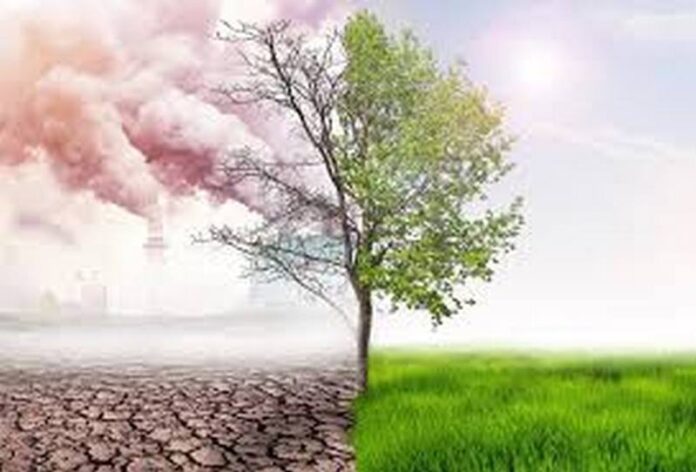Climate change is a global crisis requiring localized solutions. In Africa, language is vital in shaping cultural identity and facilitating communication.
Leveraging local languages can amplify climate change awareness, engagement, and action.
Ghana, like many African countries, faces significant climate change challenges. Effective communication is crucial in addressing this global crisis.
Using local languages increases the resonance of the climate change message, making it more relatable and accessible. Local languages also preserve traditional ecological knowledge, which is crucial for climate adaptation.
Local languages convey cultural nuances, values, and traditional knowledge essential for climate-resilient practices. Proper Community Engagement through language-sensitive approaches foster inclusive participation and empower marginalized communities.
Climate change is often framed as a scientific or economic issue, but its impact is deeply personal and cultural. Effective climate action requires understanding and respecting the cultural values, traditions, and practices of diverse communities.
Climate change threatens cultural heritage, identity, and livelihoods, especially for indigenous and traditional communities, however building traditional knowledge and Practices with local cultures possess valuable insights into sustainable living, ecological management, and climate resilience.
Cultural understanding informs context-specific climate solutions, increasing their effectiveness.
Enhanced community engagement and participation, preserved cultural heritage and traditional knowledge, contextualized climate solutions, and Increased social justice and equity addresses climate change disproportion and its impact on vulnerable communities.
Ghana’s “Green Ghana” initiative uses local languages to promote reforestation however Ghana must incorporate local languages into climate change education curricula, Partner with local language media outlets for climate change awareness campaigns, develop climate change messaging in local languages for rural communities, and engage traditional leaders and local language speakers in climate change advocacy.
Effective communication is crucial, and local language storytelling can bridge the gap between climate information and community action. Using local languages (e.g., Twi, Fante, Ewe, Ga, Dagbani) increases climate change message resonance.
Ghana can spearhead climate action by embracing local languages. By doing so, the country will amplify its voice in the global climate conversation, empower marginalized communities, preserve cultural heritage, and drive climate-resilient development.
Media’s Role
- Reaching wider audiences: Local language media extends climate information to underserved communities.
- Cultural relevance: Local language storytelling conveys climate issues in culturally sensitive contexts.
- Building trust: Local language media fosters trust and credibility, essential for climate action.
Storytelling Impact
- Emotional connections: Local language stories create emotional connections, increasing climate empathy.
- Contextualized messaging: Stories illustrate climate impacts and solutions relevant to local communities.
- Behavioural change: Compelling stories inspire climate-conscious behaviours.
Local language storytelling through media is a powerful tool in the climate change fight. By leveraging local languages, media can increase climate awareness and engagement build trust and credibility inspire behavioural change, and preserve cultural heritage.
Empowering local language use in climate change efforts will amplify Ghana’s voice in the global conversation.
Source: Shadrach Assan
READ ALSO:


